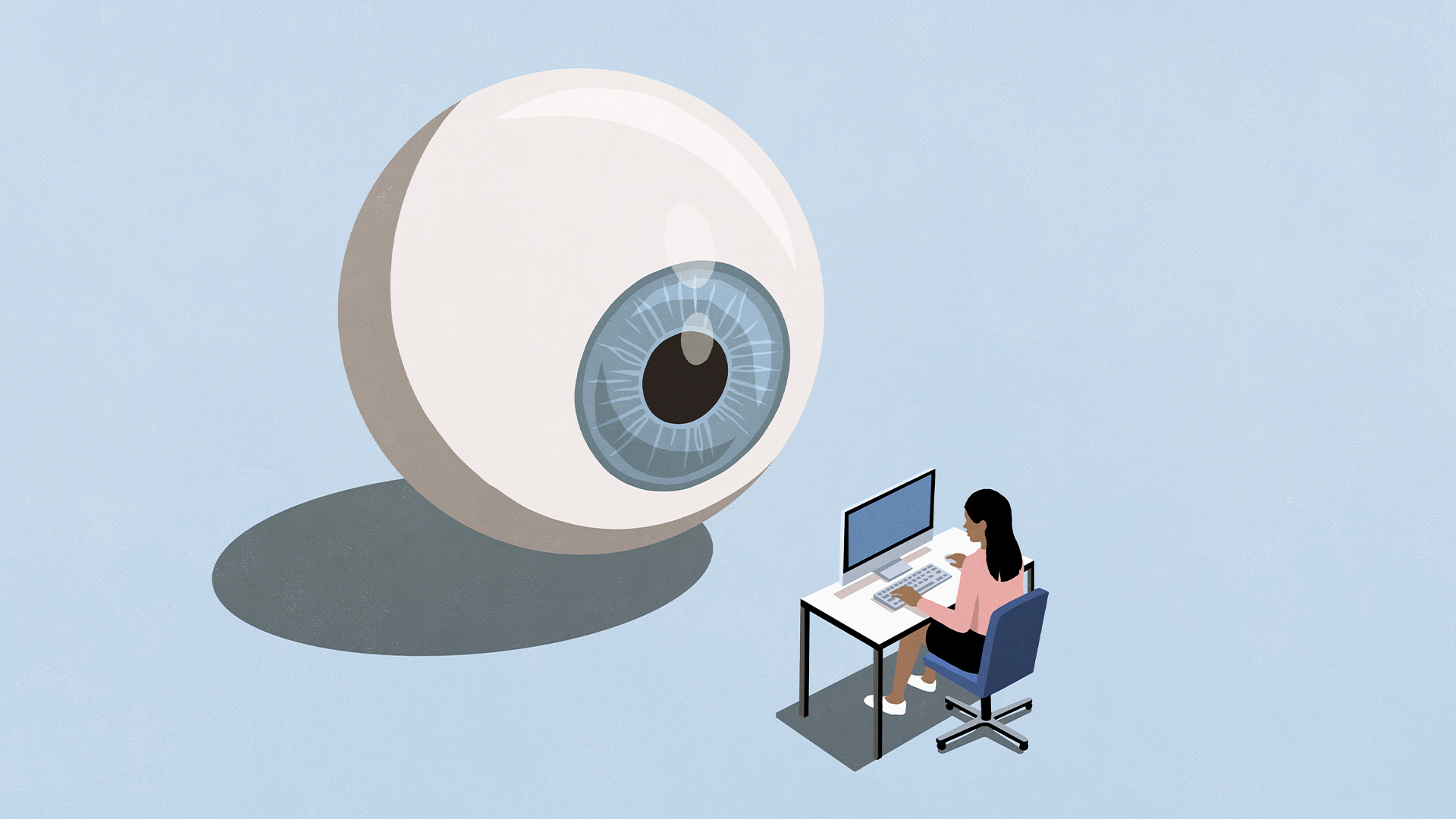
"A third of British companies are using "bossware" technology to monitor staff when they work from home, and it's causing serious trust issues among staff. That's according to a survey of 900 UK managers by the Chartered Management Institute (CMI). Crucially, nearly as many said they didn't know what tracking their employer did, so the figure could well be higher."
"Employee monitoring can vary wildly, the study noted, from basic checks that inappropriate content isn't being accessed on company-owned devices to more invasive monitoring which tracks performance. The research suggested that the most common type of workplace surveillance was tracking when staff logged in and logged out (39%), followed by looking at browsing history (36%) and reading emails (35%). However, another 14% are looking at screen activity, using systems to track productivity via screenshots or even monitoring keystrokes."
"Whether tracking even works or is of value was questioned by the managers surveyed. Just over half (53%) said they generally supported monitoring of staff activities online on company-owned devices. However, 42% were against it, saying it didn't improve performance, could damage trust, and led to lower morale. Indeed, one-in-six said they would consider quitting if their employer rolled out such programmes."
About one third of British companies use bossware to monitor staff working from home, with many managers unsure what tracking occurs. The CMI study found 36% use bossware in the office, 32% for hybrid teams and 30% for remote workers. Monitoring ranges from checks on inappropriate content to invasive performance tracking. Common surveillance includes login/logout times (39%), browsing history (36%), and emails (35%), while 14% monitor screen activity, screenshots or keystrokes. Brazilian bank Itau dismissed 1,000 employees after home monitoring; some were fired for billing hours while working 20% of the time. Managerial views split: 53% support monitoring on company devices, 42% oppose it, and one-in-six would consider quitting.
Read at IT Pro
Unable to calculate read time
Collection
[
|
...
]